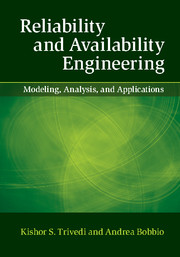Aims
The aim of this chapter is to reflect on the kind of knowledge, skills and mindsets needed for work in RDM, and how to plan to develop and demonstrate these, and to discuss some starting points for keeping up to date.
Working in RDM
Reflecting on the content of the book, we can begin to say that the knowledge, skills and mindsets that you might have already or will want to develop to work in this field could include the following:
• An interest in research and a belief in the benefits to society of research. This implies a willingness to engage with researchers to help them, even if ultimately you may not fully understand what their research is about.
• More specifically it would be valuable to have an interest in developments in areas such as data handling, data analysis and data visualisation, and in evaluating digital tools that support these activities.
• Curiosity, a thoughtful approach and a willingness to learn new things. You will be the kind of person who wants to go and find out what is going on, be that within your own institution or in others. You are not afraid to deal with complexity or get involved even where professional practices are not well established.
• Good influencing skills. Trying to persuade researchers to see the importance and benefits of RDM is a key part of the role. It is a challenging one because of the diversity of research (see Chapter 14).
• Leadership skills. In the widest sense you will want to make a difference to your organisation. That implies making some quite courageous and tenacious stands in order to improve the long-term situation (see Chapter 6).
• Excellent networking and collaboration skills. Knowing who is who across the organisation and working with others, disregarding boundaries of formal organisational structures and hierarchies, will be a key challenge. Building good contacts outside the organisation is important too. Throughout the book we urge you to get out of your office and talk to people (e.g. Chapters 8, 14).
• A service orientation. An interest in developing services to help people do their own job better (Chapter 7).
